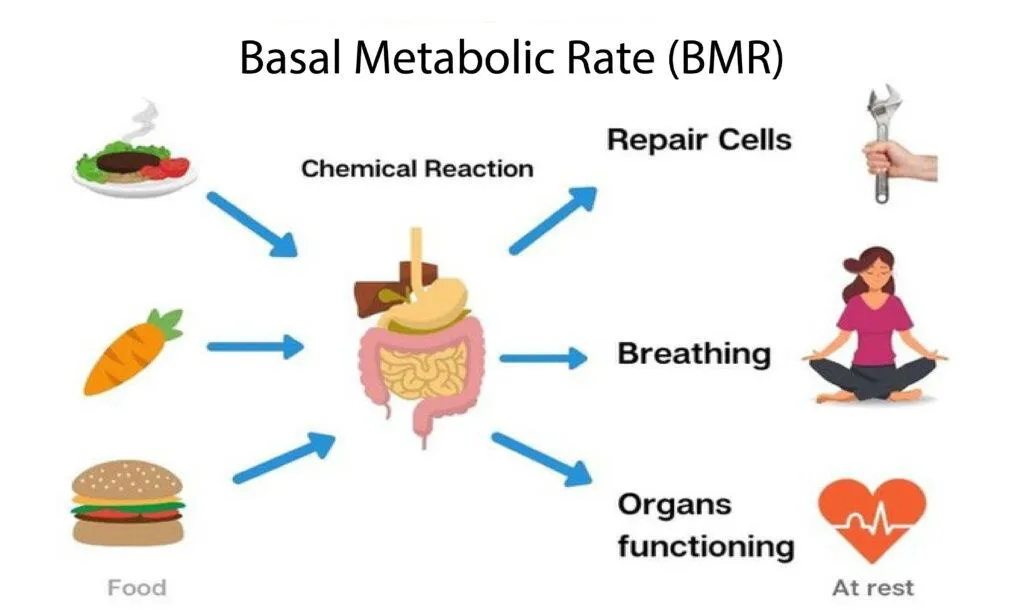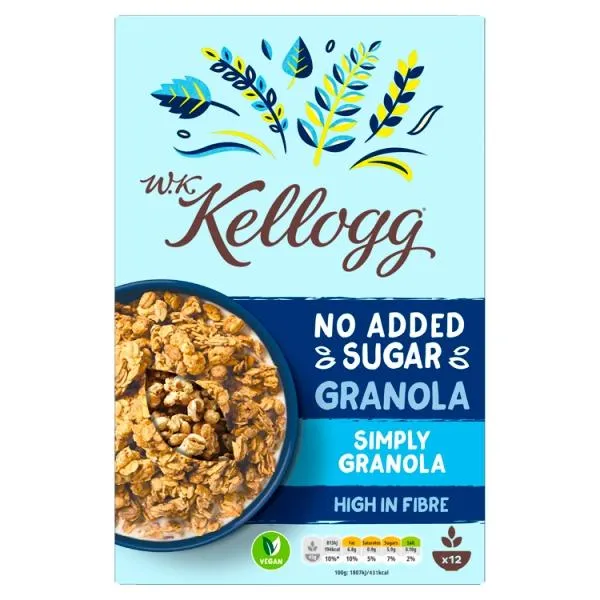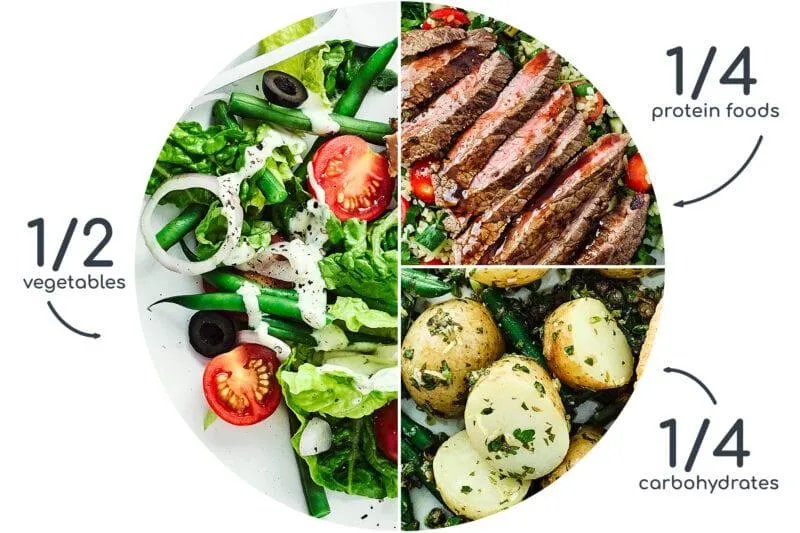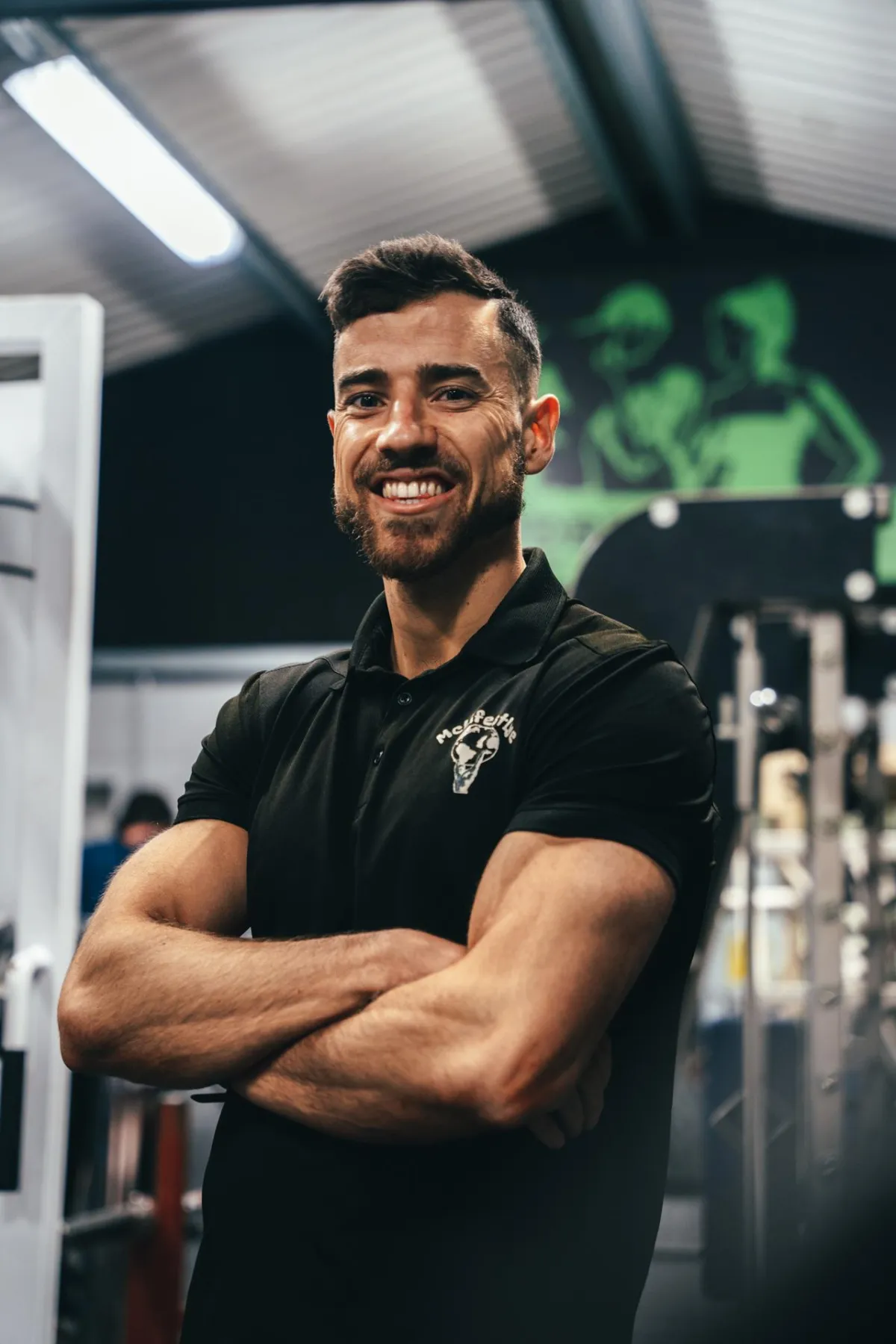How Eating More Can Help You Lose Weight
By Adrian| February 11th, 2024

Is Less Always Better?
The topic of todays post stemmed from a question I got from one of my clients:
“Before I started I didn’t eat as much food but I put on weight. Now I’m eating more food but I’m losing weight. How is this?”
Now what I’m about to say might sound like I’m contradicting myself but I’m going to say it anyways – often people need to eat MORE food than they currently are eating to lose weight, not the other way around.
Let me explain.
BMR

I’m not going to dive too much into the science but there is this little known, but very important thing called your Basic Metabolic Rate (BMR).
What is your BMR? Your BMR or RMR (Resting Metabolic Rate) is the minimum number of calories your body needs to perform everyday functions such as breathing, blood circulation and everyday brain activities. Imagine you were to stay in bed all day without moving, your BMR would be the number of calories you’d need to consume.
Your BMR does not take into consideration exercise or daily activity.
Why is it important to know your BMR? To give you an insight into the number of calories you need to consume daily without exception.
Which Category Are You?

And now let’s dive into the problem. Starting out a lot of clients I train (girls especially but also guys) fall into three categories:
1. They eat pretty decent foods but not enough
2. They eat low nutrient foods & too much
3. They eat a combination of nutrient dense and low nutrient foods throughout the day
Most clients of mine would be best described by number 3. When I get them to track their calorie intake, one of two things usually happens.
• They get shocked by the number of calories in foods being branded as healthy e.g. granola, muesli and yogurt raisins and chocolate peanuts.
• They become surprised by how little calories they consume even though in their eyes, they ‘eat a lot.’
Regardless of which category the fall into, I focus on building some habits slowly into their lives. Things like drinking a glass of water first thing in the morning, having protein at every meal and eating veggies two times a day. These are small changes which are simple to follow yet make a huge difference.
Either way, when they slowly make these sustainable, easy to follow lifestyle habits, often what happens is when they track their food intake, they don’t even hit their BMR – their minimum daily caloric intake.
This often means me encouraging them to eat more to make up the remainder of their calories. This is then usually followed by a series of questions as to why they have to eat more food than ever before even though they want to lose weight.
If this sounds like something you struggle to get your head around, I don’t blame you. It’s easy to fall into the trap of believing that ‘less is more’ and therefore eating less food = faster weight loss. This method does sound logical right?
The Size of Your Calorie Deficit Matters

We all know that consuming excess calories leads to weight gain. Therefore, surely consuming less calories leads to fat loss? But as mentioned above, this logic is not always true – here’s why in more detail.
While it is true that a calorie deficit (eating less energy than you expend) results in fat loss, a deficit of usually about 20% of maintenance calories is more than adequate (the more advanced you are, the less this rule applies to you).
• What this would mean for a girl weighing 65Kg with a maintenance level of approx. 2’000 calories would be to drop her calories by 400 (20% of 2,000) to 1’600 calories.
• What this wouldn’t mean for the same girl would be to drop her calories (often without even realising) to 1’100 which is well below her BMR of 1’350.
Why is this severe calorie deficit a problem? Because you’re not even supplying your body with enough energy for it to carry out its basic everyday functions (breathing, blood circulation and everyday brain activities).
Therefore, when you do supply your body with some food, its going to prioritise putting that food to use to carry out those basic everyday functions at the expense of using food to fuel your exercise sessions, build lean muscle and recover.
The reason a lot of my clients (particularly women but also men) struggle to eat the amount of food I recommend to tone up and get leaner lies in their previous eating habits. Often, prior to starting their lifestyle journeys with me, they were consuming high calorie but low nutrient foods.
These are foods which don’t necessarily make you feel satisfied or energised after eating them yet they bump up your calories significantly. In fact, they’re often foods we want to eat more of because of the sugar cravings they give us yet after finishing them, we still feel like we could eat more.
Examples include cereals, white breads & wraps, scones, croissants, fizzy drinks & high calorie caffeinated hot drinks (latte’s – even though I agree they do taste awesome!) you get the idea. So while its easy to consume a lot of these foods, its actually not a lot of volume of food.
Here’s two examples to show you what I mean:
• Having a croissant and a latté for lunch isn’t a large amount/volume of food yet this alone contains about 450 calories.
• Compare that to a chicken curry stir-fry with a chicken breast, steamed veg and 50g of rice. Both of these lunches contain the same number of calories.
While both of these meals have the same number of calories, one meal is low in nutrients, the other is nutrient dense. One will make you feel tired and sluggish, the other energised, active and alert.
Type of Food Matters

When clients of mine slowly transition into eating nutrient dense foods, the reason they struggle so much to hit their calorie target is that their bodies are not accustomed to eating 3-4 nutrient dense meals a day. They may have one meal (usually dinner) which contains a lean protein and some vegetables. But then the rest of the day is often a combination of eating low nutrient foods for breakfast such as cereals and toast along with snacking on domino foods (foods which are easy to eat with little nutrient value) such as chocolate, sweets, taytos, biscuits and even fizzy drinks.
If you’re reading this and it sounds like I’m reading off your daily food diary, there’s no need to feel guilty or panic. I get it. In fact, I’m not perfect (nor do I ever want to be for that matter) and it took me years to get out of a routine which wasn’t serving me and into one that was.
It was by no means an overnight success story. If you find it hard to make changes in your life or if you’re feeling overwhelmed right now, the reason is often because you’re trying to do too much at once. Don’t go cold turkey and make a list of 100 things you need to instantly change.
Focus on adding one new habit. Start off slow and gradually build up. It might seem easy at first – this is a good thing. But the challenge comes in doing it consistently over and over again. This takes more time and gets better with repetition.
Long Term Change > Short Term Fixes

If you’re committed to making sustainable progress, start slow and build it up. Master the art of showing up and doing it consistently.
You don’t have to eat 100% perfectly all the time. Eating chicken and broccoli and some rice isn’t perfect – it’s prison. Yes, it will give you some short-term marginal gains, but ask yourself can you see yourself living and eating like that for the rest of your life? Probably not.
Instead of going ‘all in’ on your nutrition, focus on being disciplined the majority of the time. This is going to mean different things to different people depending on what chapter you’re on.
For some people, it might just be a matter of having a good breakfast and eating what they want for the rest of the day. For others it might be being disciplined 80% of the time with the remaining 20% of their calories coming from the foods we all like to enjoy and eat.
Regardless of where you fall on the spectrum, I don’t advise going ‘all in or nothing’ with your food. This usually results in your will power being tested to the limit until you eventually can’t take it anymore, go on a massive binge and your weight rebounds to the point where you end up heavier than you were when you started.
Focus on making a lifestyle change where you can include the foods you enjoy and still get the results you desire. This is the premises for how I operate my online coaching - get the results you’ve always wanted without sacrificing the foods you’ve always loved.
The Takeaways

• Your BMR is the bare minimum number of calories you need to consume for your body to perform its everyday functions
• A calorie deficit of 10-20% is adequate to lose weight and get leaner.
• If you change your diet from having lower to higher nutrient foods, chances are you will struggle to hit your calorie target.
• Unsustainable methods yield unsustainable results – focus on making long term changes over a short term fix.
Thank you for reading – I hope you learned something new and got some value from this.
If you did get value from it, please pay the fee. What's the fee?
If you find this content valuable (maybe you learned something new or are going to implement a new practice) then please share my blog post with a friend or on your social stories and tag me on Instagram (@McLifestyleFitness).
For such a small act that doesn't cost anything, it really helps me reach more people and spread the word on how to optimise your health and fitness.
I don’t run ads towards my blog posts, everything I’ve done to date has been done organically from people like you reading spreading the good word. I’d appreciate your continued support.
If You'd Like Some Additional Support:

If you found this post beneficial, then join my Free Facebook Group for more training tips. I share nutritional recipes, workout videos and even live coaching videos.
If you’d like a coach to help put a customised training plan in operation for you, then book your free consultation call today to see if you’d be a good fit for my Online Coaching.
If you know what to do, why haven’t you done it yet?
This is where having the structure and accountability of a coach comes in. I’ll help you get the results you’ve always desired and make your journey much easier and quicker than doing it on your own.
What’s the purpose of the consultation call?
To deep dive into your health & exercise history, your goals and current struggles and from there decide if we’d be able to work together (note – I am not the right coach for everyone which is why I have consultation calls with potential clients of mine).
If we are a good fit, we can get working on your personalised program so you can finally make the changes you’ve always wanted.
Read Last Week's Post
© 2026 McLifestyle Fitness & Performance Ltd. - All Rights Reserved
Privacy Policy | Terms & Conditions | Release & Waiver of Liability